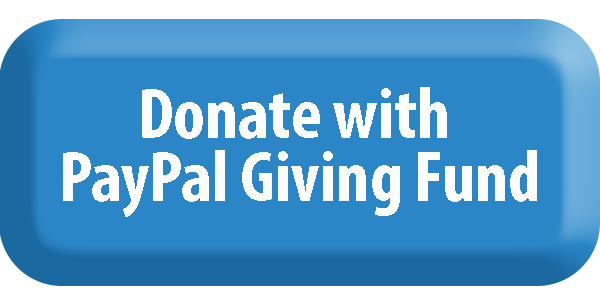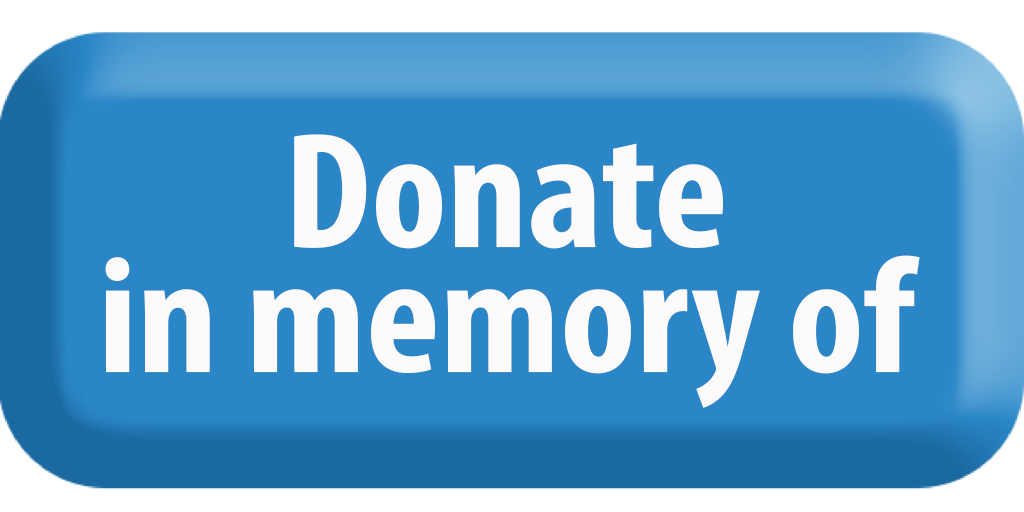Dear Hope Nation,
This is not a drill.
When I was in the 8th Infantry Division in Germany, we would often take part in joint military exercises with other NATO countries. Although these exercises were planned to the greatest extent possible, soldiers on the ground were required to pretend the Russians had come through the Fulda gap, were rolling toward Frankfurt and on to Paris. As a soldier and a journalist, I supposed my role was to attempt to muck up one of the tank tracks with my body while snapping a picture at the moment of my death. Still, playing Army was fun, much more fun than hanging out in the motor pool waiting for a chance to play Army. Anyway, we knew it was all just a drill, and by and by we’d get back to our normal lives of smoking hash, drinking beer and lying about women.
Along with exercises, we’d also have “alerts,” where we’d be awakened or called, usually in the middle of the night, and need to return to base, draw our weapons, climb into vehicles and head out to our assigned positions. These alerts were a pain in the neck, but little else. They were drills.
This is not a drill. This is real life.
Sailing the Sea of During, we may regret the things we could have done to prepare for this journey, but who prepares for a once-in-a-century worldwide pandemic? It would be roughly akin to preparing for an earthquake in New Hampshire. Have there been earthquakes in our state? Sure—lots of them. Major ones? Sure, a couple—1638 had a 6.5 magnitude and 1940 had two, both with a magnitude of 5.6. I’m willing to bet no more than 1% of our citizens have an earthquake plan. I’ll confess my home is near the epicenter of that 1638 quake and I don’t think about it at all. No, we should not blame ourselves for our lack of preparation. We have what we have and that’s all that we have.
We are topsy-turvy Robinson Crusoes. He was shipwrecked with only the items he could salvage from his ship. All of us are on a ship, bound for the Land of After, with no clear sense of how long we will sail or our destination’s landscape or topography. G.K. Chesterton said, in Orthodoxy, of Robinson Crusoe, “the best thing in the book is simply things saved from the wreck.” That inventory is a pretty fascinating find, as is ours.
This is not a drill. This is real life. This is time for honest appraisal and hard work.
Like Robinson Crusoe, let’s begin with an inventory of what all of us in recovery bring to the situation:
- We are, in fact, people who have survived a shipwreck, even if it was a disaster of our own making. The last days of active addiction, whether to drugs or alcohol, are usually a yard sale on self-respect. As our addiction progressed, it consumed most of our money, many of our relationships and nearly all of our dignity. In recovery, those things come back, not right away and not all of them at first, but we know from firsthand experience how to survive.
- We are a people who know how to offer help and, at least after a while, how to ask for it. Living in recovery, we know the value of support and of supporting. Margaret Mead was once asked what the first signs of a civilization are, and she said physical anthropological evidence of healed broken bones. Her reasoning was that it takes six or eight weeks of immobility for bones to heal properly, so a culture that has healed bones is a culture where people took care of each other. We are broken people who are healed or healing because we take care of others.
- We are people who have harnessed our hearts for a common purpose. While brainpower is wonderful, fabulous, it is the power of unified hearts that transforms. In recovery we have learned how to direct our hearts toward the common good, to be one among many, to be happy with being another Bozo on the bus while still knowing how to drive when called upon.
- We are teachers who are willing to teach and students who are willing to learn. In recovery, we learned how little we know about some things, and became eager to ferret out others who knew how to stay clean for a day, how to fight off cravings, how to live without the chemicals that had made life worth living up until the end.
- Many of us have lived with a lot less than we have now. Whether we were actually homeless or simply drifted from crummier to crummier hovels, we may not be the richest we’ve ever been, but it’s unlikely we’re the poorest. Living broke is an art and a science, and many of us are masters at it.
A thought experiment for all of us: what is in our personal inventories that will make life on this journey easier, more pleasant or at least more survivable?
This is not a drill.
You matter. I matter. We matter.
Keith



